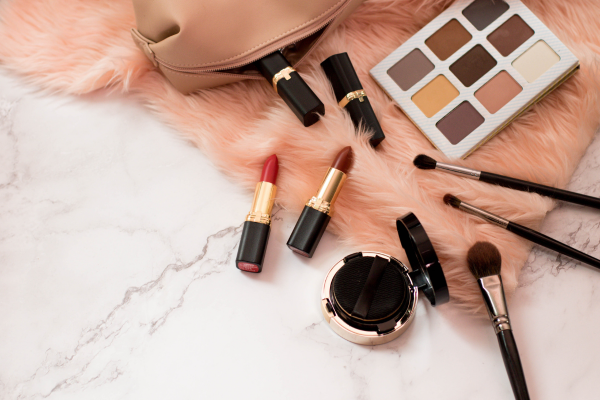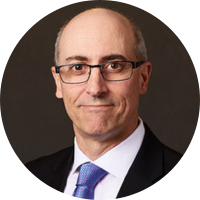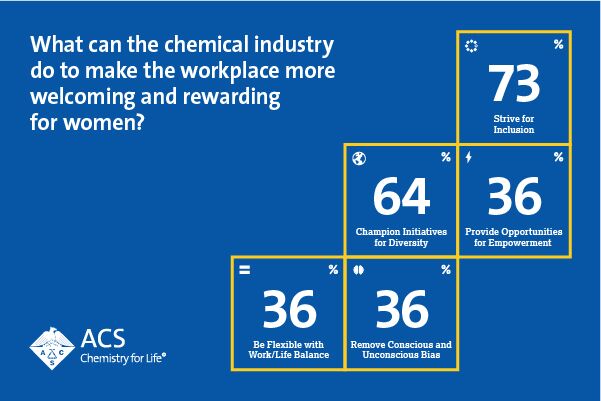
Key Takeaways:
- Stephan Habif explains universalization and how L’Oreal utilizes this strategy to stay No. 1 across multiple channels
- How the values of respect, hard work, and curiosity affected Habif’s leadership style
- What the pandemic taught Habif about himself
In a 9.16.19 Barron’s article, L’Oreal’s CEO, John-Paul Agon, said the following, “We are the No. 1 beauty company, but mostly because we cover all channels, all categories, all geographies, all consumer needs.’’ The product diversification and global reach is great for driving the bottom line. However, it must create challenges for your team in terms of where to place future research and innovation bets. How do you approach that challenge?
L'Oreal has chosen a unique strategy: Universalization. It means globalization that captures, understands and respects differences. Differences in desires, needs and traditions; to offer tailor-made beauty, and meet the aspirations of consumers in every part of the world.
We start with the consumer and identify their specific needs. We then translate these needs into technical challenges that our Innovation teams in our R&I hubs solve with technological innovations that deliver core benefits. These technological innovations are transformed into many products adapted to specific consumers by our Development teams around the world. Thus, our focused Innovation program leads to many products across channels, categories, and geographies to meet the needs of all consumers.
On a related topic, what technology trends are you following most closely with an eye toward how they may impact the work of your scientists, and L’Oreal’s future growth?
L’Oreal is inventing the Beauty of the future by becoming a Beauty Tech company. Beauty Tech is beauty augmented by technology. We must harness the advances in Digital Technologies for the benefit of our researchers - with sophisticated, connected and intelligent devices and tools, and of our consumers - with personalized formulas, products and services.
By 2030, 95% of our ingredients in formula will be bio-based, derived from abundant minerals or from circular processes. This is one of our sustainability commitments for 2030, a part of our L’Oreal for The Future initiative. To achieve this, we will need to be at the forefront of Green Sciences.
According to Barron’s, as of September 2019, L’Oréal had 86,000 employees spread across 130 countries. How many of those employees are primarily engaged with research and innovation activities? And where are the main research sites?
L’Oreal has 4,100 Research and Innovation employees working in 7 key hubs across the world, in China, Japan, India, South Africa, France, Brazil, and US.
How have your parents influenced your leadership style?
They taught me the value of respect, hard work, curiosity, discovering new horizons and new cultures, and being myself.
Among other responsibilities, you are in the business of leading teams. What makes for a great leader of teams?
Being authentic, leading by example, knowing how to both lead and be led, and maintaining a healthy dose of humility and empathy.
With respect to your scientists at L’Oreal, what non-technical skills do you most highly value?
Passion for Beauty, integrity and respect. I also value hard work, resilience, courage, curiosity, and pragmatism: getting the job done.
The Financial Times, in an article published on March 7, 2020, wrote that “Women are increasingly shifting their spending from make-up to skincare products such as face masks and serums, or opting for hybrid products such as tinted moisturizers that blur the lines between the categories.” When consumer demand shifts in such a fashion, how does it influence your research and innovation activities?
We always put the consumer first; the trick is to anticipate the trends by understanding their needs before they become a trend so that we are ready with products that will delight them. Secondly, some beauty categories have up and down cycles and we have to continue to work hard during a down cycle to develop the technologies and products that will drive the growth in the next up cycle. Finally, we collaborate across categories, which enables us to combine our expertise in make-up and skincare, for example, to develop hybrid products. This is the advantage of having a single focus on Beauty.
What are some personality traits that have been most instrumental in your career success? What’s the one trait you wish you had in greater supply?
I believe that my high level of energy, my scientific curiosity, my desire to explore and continuously learn, as well as my unshakable optimism and resilience in the face of adversity have served me well. The one thing I wish I had a greater supply of is patience, or alternatively, more time!
What have you learned about yourself since the start of the pandemic?
I confirmed to myself that I am people-driven, resilient, optimistic, action oriented, and make fact-based decisions.
The Financial Times reported on August 21 that due to collapsing demand for champagne on the part of restaurants and bars, champagne producers in France agreed to cut production. Despite the reported promise of an excellent vintage, this year’s yield will be the smallest in 35 years. As someone who grew up in France, is this just one more reason to dislike 2020?
Luckily, I do not drink, so the collapsing demand for champagne does not really affect me personally. 2020 has been a challenging year in many respects, and I would encourage people to practice the behaviors that health experts and medical authorities say will help stop the spread: wearing a protective mask, washing our hands, and staying socially distanced.

Stephan Habif was appointed Senior Vice President, Research & Innovation, in January 2014. He is responsible for Research & Innovation for all divisions across L’Oreal North-America. Prior to joining L’Oreal in 2013, Dr. Habif worked at Unilever in the Research and Development division, where he started his career in 1994. During his time there, Dr. Habif worked in positions across the spectrum of R&D from Advanced Research to Product Development in global and regional roles in the U.S., Mexico, Brazil, and Italy before being named Vice President of R&D North America and finally Global VP of R&D Packaging.
He held various leadership positions in Formulation, Clinical Evaluation, Consumer Science, and Packaging and worked in diverse categories such as Skin Care, Skin Cleansing, Hair Care, Deodorants, Household Care, Ice Cream, Spreads and Dressings, and Beverages. Dr. Habif received an Engineering Degree in Food Chemistry & Technology from the University of Bordeaux (ENSCPB) in France in 1989 and a PhD in Physical Chemistry (Colloids and Surface Science) from the City University of New York in 1994.
This article has been edited for length and clarity. The opinions expressed in this article are the author's own and do not necessarily reflect the view of their employer or the American Chemical Society.
Copyright 2022 American Chemical Society (All Rights Reserved)










